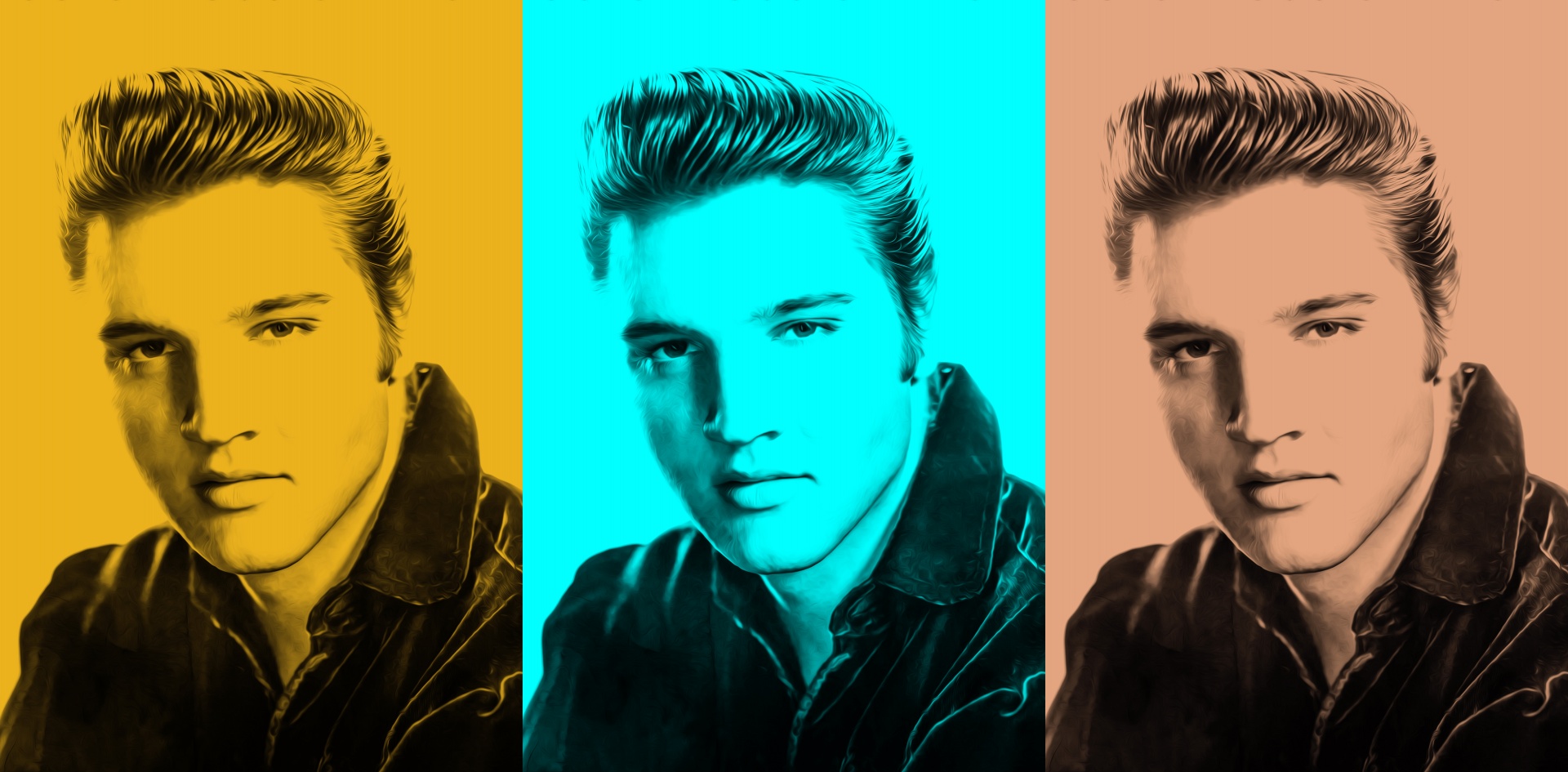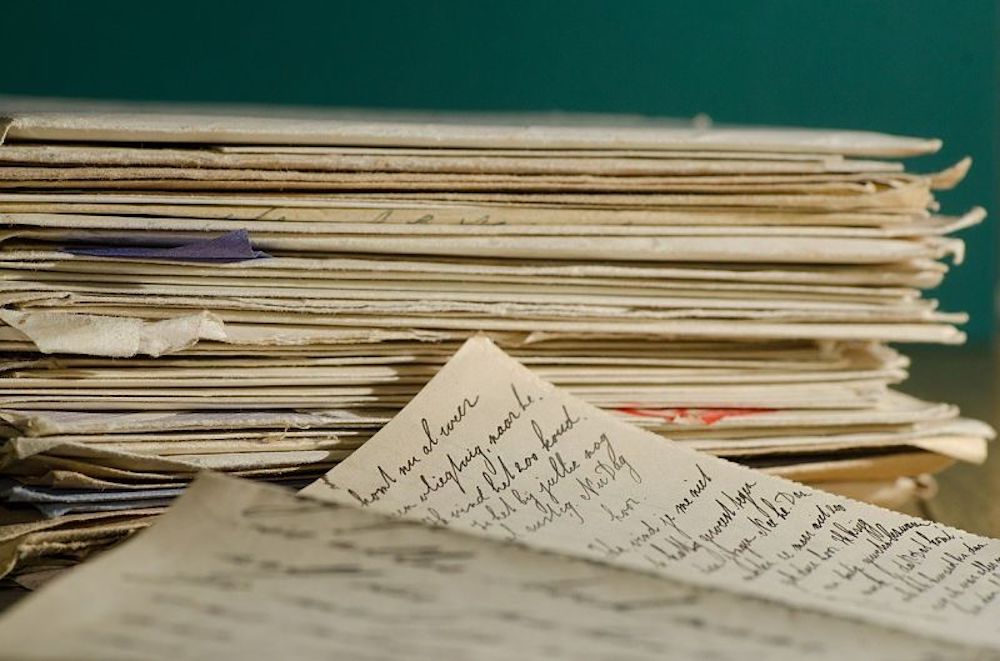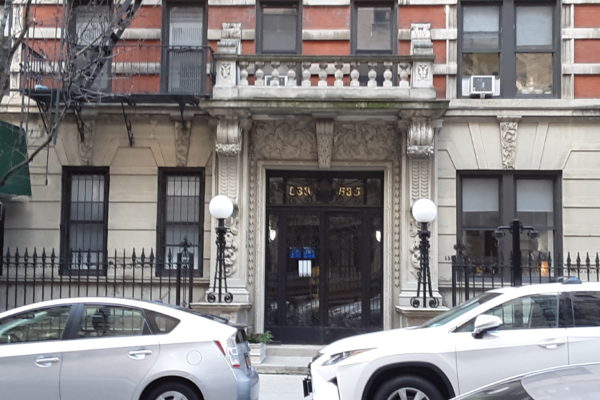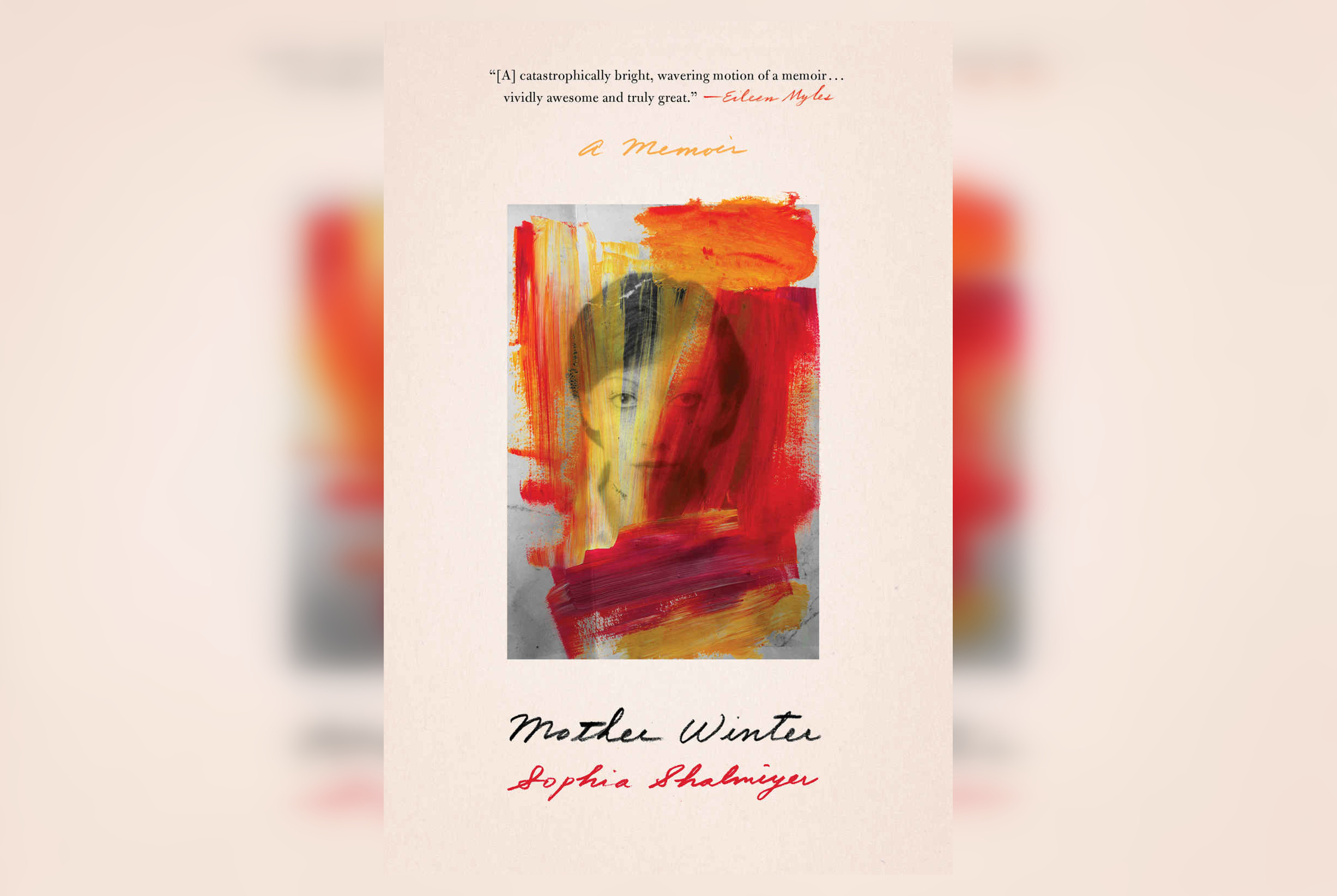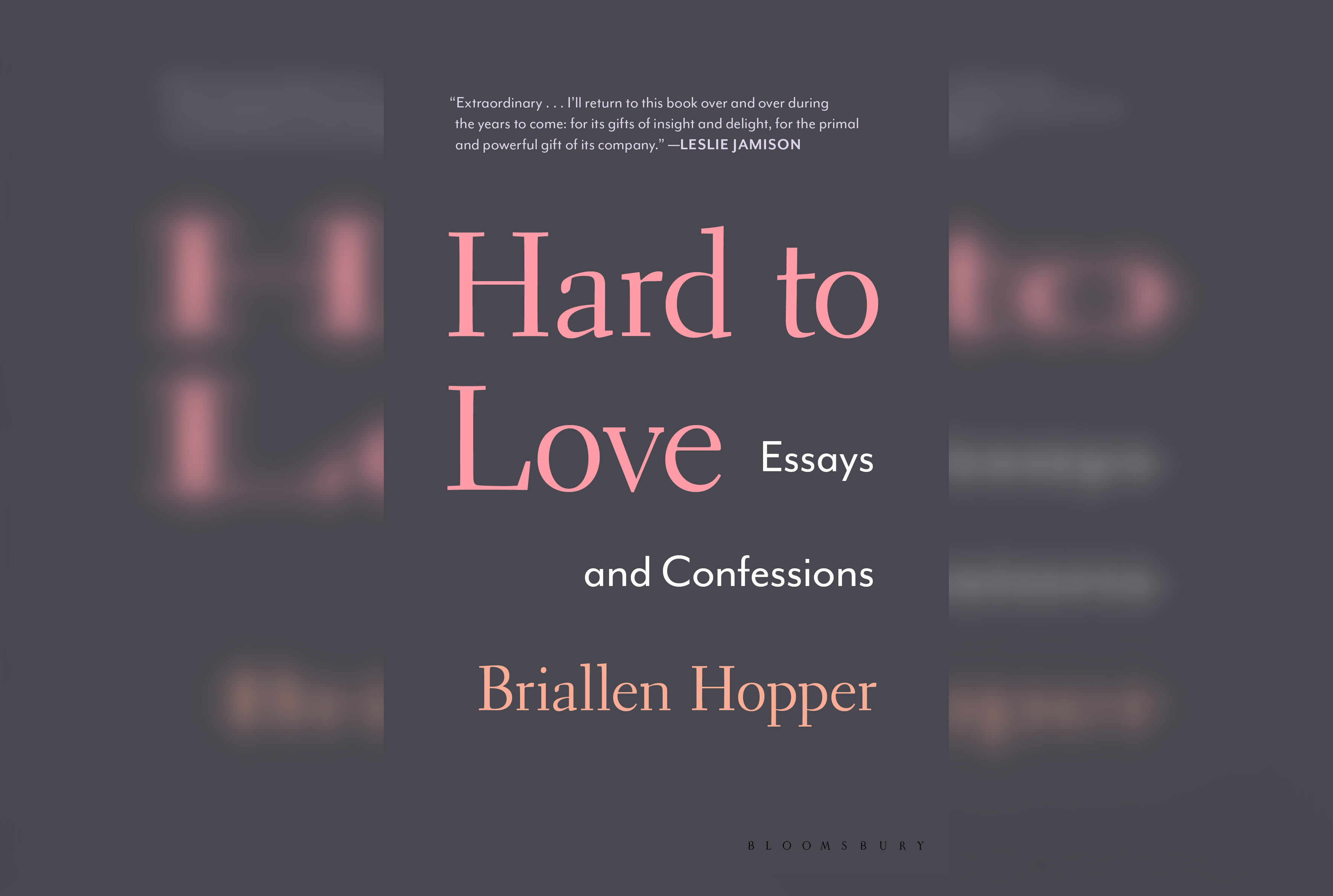In the Iron Mountain maternity ward, eight hundred miles north of Graceland, a nurse repeated what the radio said: “Elvis is dead.” B was born, black strands slicked to his head.
He never liked Elvis’s music. Hip-high, B tended toward quiet—watching bunnies in the garden; pushing Matchbox cars through sawdust as his father worked construction.
Two years passed. Born in Marquette, an iron town on Lake Superior’s southern rim, I spent six months scrunched and screaming with colic.
The Mather Mine stopped production. B’s sister was born. The Groveland Mine closed, the Republic. My brother was born, then his.
The remaining mines idled in the Reagan Recession. Miners quit spending at the shoe store Dad managed: the corporate office closed it. Mom worked as a bank teller, part-time, evening shift. Pregnant again, she signed up for food stamps and WIC.
B’s father left. Twice, he flew in from Bakersfield, wallet fat with California cash, and took B to a go-kart track.
Dad sold cars, life insurance, returned to college. He told Mom he’d watch us while she counted deposits, cashed checks; he slept. Mom canned beans from the garden after putting us to bed.
B’s mom took food stamps, left him with neighbors, aunts, anyone who’d take the kids while she worked as a pharmacy tech.
Type 1 Diabetic, told at fourteen he’d be dead by forty, Dad said: “I won’t see your high school graduations, won’t meet your kids.” Goaded by our grief, he’d add, “But don’t have any. Earth’s crowded, polluted, soon to be radiated by Reagan. The world’s full of bastards like him.”
I’d lay awake, watching for nuclear rockets.
Night terrors raised B from bed. He walked wide-eyed and shivering through a company house insulated with newsprint. He couldn’t be awakened, only coaxed back beneath blankets, where he’d whimper to silence.
Work was steady out West. B’s dad married again, had the first of three more kids. He no longer stopped to see B when in Michigan.
I gifted Mom crayoned portraits, Play-doh pots, and daisy chains. She clipped coupons, checked want ads, mended my cousins’ hand-me-down dresses.
I spoke to no one my first week of kindergarten. To raise my hand and request the bathroom pass seemed like an intrusion; I wet my pants.
“Do you practice duck-and-cover?” my dad asked. “We play Duck, Duck, Goose,” I said. He shrugged: “Doesn’t matter. If a bomb hit, we’d be annihilated.”
B’s mom wed. An owner-operator, he trucked every run offered, drank Old Style in the garage while tuning the engine, pinned B to a wall for giving him lip.
Dad emerged from his curtained room, the never-made bed, hollering we’d woken him. Hunched at the table, he’d wait for Mom; if she was late, even with groceries in hand, he’d slap the oak, smash a dish.
“Don’t make him mad,” she’d say. “If you wouldn’t make him mad…”
The Empire Mine resumed round-the-clock production; the Tilden opened. Dad managed a bookstore on the weekends while earning a teaching certificate. He told us, “Miners rape the land.”
We asked Mom what “rape” meant; she shook her head. She kept powdered milk in a cabinet for the month’s end, when we ran out of money for fresh.
B practiced baseball for hours, pitching through a tire swing and playing catch with his friend Matt. Their team went to the tournament; B’s stepdad took an overnight run that weekend, hauling woodchips to a smokehouse in Texas.
Gray pickup, gray road, childish recklessness: I came to with eyes bruised shut, skin skidded from my ribs, the driver and my father cuffing my wrists so I wouldn’t touch the abrasions burning on my stomach.
I opened my eyes after a week, but, all summer, bruises shadowed them. My nose and cheekbones healed without surgery, ribs and skull fused properly: lucky. My father told people the sound of metal-on-flesh remained with him, he felt sick for letting me fetch the mail, he should have got it, oh the relief of my recuperation. I began to dream of a man unfurling guts from a gash in my skin.
If B and I knew none of the monsters of whom we dreamt, had no fear of men’s hands—
Dad taught an adult GED class, had an affair with a student. Mom stopped eating, was fired by the bank for lapses in focus. Forced at last into full-time employment, Dad bought a gold locket for the other woman, paid for with a check from the account Mom balanced.
B bagged groceries on weekends, bought a pick-up and a pram to fit in the back. He and Matt knew the best lakes for bass, the lures on which they’d hit. He was otherwise a careless student.
My parents fought nightly, revising their history into twenty years of mutual destruction. My father roared us awake at 3 a.m.: “Who do you love? Make a decision!”
I read to starlit collapse: Plath, Austen, Tolstoy, Flaubert, Wharton, Chopin, Plath. I found my clit, was somewhat distracted.
B spent weekends at Matt’s family cabin. They drank Pabst, drove dirt roads too fast, fished when the Mine Ponds were moonlit. Nothing could move him by the hour he stumbled to rest.
The number of girlfriends, how he felt about them? “Never love,” he says. But there’s a box of photographs: he’s smiling as he wraps his arms around Jessie, Jackie, Jen.
I, too, have an album: photos with Joel, Josh, Jason at the beach and school dances. My head is tipped in each image, as if I’m listening to my mother’s catechism, wailed, wept, shouted each night after we went to bed: “Would you love me if I was different?”
The man was no longer faceless: Joel unreeled my intestines, Josh kicked sand over them. Jason sneered at my innards’ stench. I knew their hearts before they revealed them; I ran.
B went to college, where he and Matt drank some nights black. Home for a weekend, parents absent, he threw a party, was banned from the house by his stepdad.
My parents wouldn’t write application checks to State or U of M: “That’s a month’s worth of gas. Then, there’d be tuition, debt… Besides, if you go down-state, we won’t fetch you ‘til Christmas.” I went to my hometown college.
A professor, open to indulging a kid who stopped by his office and asked a few questions, gave B a reading list. B switched majors, found himself in philosophy, history, economics.
I struggled to sleep in darkness. I took overloads, waitressed evenings and weekends, lay down only when edges blurred with exhaustion, figures flitted in my peripheral vision, voices hissed as I drifted above an annotated Milton.
Our moms snapped photos at awards banquets, dads bragged to their friends: “My kid’s got straight-A’s in college.” It was love. But it wasn’t sufficient. B asked if he could come home for a weekend. I told Mom I dreamt of being disemboweled, deconstructed. Fiddling with her purse-strap: “What should I say to that?”
Thrown from a car, neck snapped in a furrowed field when the driver slurred through a 90-degree bend, Matt died three weeks before he and B were set to move into an apartment for their senior year of college. B would’ve taken that ride, but a girl at the bar asked him to dance.
My mother called to say she was leaving my father, or she wasn’t leaving him. Dad didn’t bother with phone calls, as they tired him. I cried over pop songs piped through the restaurant’s speakers, quit and spent evenings walking the railroad near my apartment, slipping on taconite pellets.
B didn’t cry. He shot more nights blank with whiskey or gin.
I went to a doctor for a backache I’d borne through college. She prescribed Paxil and a therapist, who said I shouldn’t see my parents: “You’re experiencing situational depression. Change your circumstances, move beyond it.”
B and I met, tutoring on campus. Students rarely came in, so we lounged in the office, discussing Pirsig, unmapped trails, The Cranberries and Smashing Pumpkins.
We snowshoed to Dead River Falls, stood silent to hear water rushing beneath the ice curtain. He waited beside his car as I unlocked the door to my apartment.
Someone warned, “He’s always at the bar with friends…” Someone else: “There’ve been other girls, other weekends.” I took these as recommendations: no desperate need meant no smashed dishes.
Our third date, mincing garlic in his kitchen, he leaned suddenly to kiss me, merlot on his lips, a daub of flour dusting his neck. He called me the next day, the next. He gave me his weekends, fixed me as his constant.
Seated hip to hip on the breakwall, wearing winter parkas in April, we listened to ore rumble from the dock into a thousand-foot ship. I said, “I don’t believe in much of anything.” He said, “Maybe seeking is our purpose.” Sun glanced off the harbor’s surface.
We fit: his chest along my back, waist at my waist, knees at knees’ bend. Just so, we slept. Whole nights, we slept.
“Fifty feet in the air,” I said. “Then, I slid across pavement.” He thumbed the cheekbone I’d broken: “Chance brings some gifts.”
B didn’t speak of death. He had plans. His car’s muffler rusted off before the semester’s end, so he walked the mile and back to campus. But he’d be a research assistant in grad school come August.
“My father—it’s the indifference I can’t forgive.” I straddled B’s lap, ear pressed to his chest to hear his heart: “You don’t need him.”
B graduated, left to blow sawdust from his stepdad’s two dozen trucks. He bumped into his hometown ex doing Jager shots.
I went out with other boys but eyed B’s old apartment as we passed. Some nights, he eviscerated me; others, it was them. I imagined Mom sighing, “They’re all the same.” I whispered, “You don’t need him. It’s situational. Move beyond it.”
I took a poetry class. I edited lines, revised the narrative, wrote B’s name to delete it.
But, when he called from D.C. and said, “I’m sorry. Come visit,” I went. I’d never flown, pressed my face to glass to watch scabby clear-cuts and the orange fluorescence of mine ponds recede in a dawn gilding the wingtip.
We walked the Potomac, asked a stranger to take our photo beneath the Washington Monument, strolled streets lined with mansions. Nineteenth-century estates crowned U.P. ridges, but with broken windows and porches rotted: managers’ residences for defunct mining corporations, the diggers’ descendants living in trailers behind them. In Georgetown, not a cracked pane or dandelion.
B spent a weekend in my apartment, I went to him. I bit his shoulder, he kissed blackberries into my breasts. My back unwound beneath his hands.
He went silent between visits.
But his fingers twined with mine, palm to the small of my back, mouth to my nipple, my clit, my lips around his hardness, its tip kissing my cervix: we fit. I could name his taste—sweet water and a dry red, my wetness—though I could not recall it.
I spoke to his answering machine, tried for bright and careless. He called at last, said he needed to focus: “It’s grad school or driving trucks for my stepdad.”
I student-taught English in Calumet, home of the Copper Kings, population 876. Houses abandoned post-WWII, when copper prices collapsed, decayed beside the school’s four-story brick edifice. I wrote my first test, open-book, one question: “Analyze Fitzgerald’s view of the American Dream, as expressed in The Great Gatsby. Is it dead?” A mother called after I failed her son for responding only: “Gatsby is.” She insisted: “He doesn’t need to know that. He’s gonna fix engines.”
Mom: “Teachers make good money. You could afford a small mortgage, without a husband.” Dad: “At least you aren’t working for a blood-sucking corporation.”
On spring break, B relented; I went to visit. We walked in the Shenandoahs, new leaves rising in valleys like gold mists.
Back home, snowbanks above my head, gray-sky-topped tunnels leading to work, home, and back again I dreamt of B pressing my face to the blackboard as he fucked me in front of my students.
Roses arrived while I read Othello with the third-period class. The students catcalled and clapped, asked to see photos of my boyfriend. A few hugged me when the semester ended.
B invited me to live with him. He’d aced his classes, so love seemed less ruinous than he expected. Also, he disliked his roommate but couldn’t, solo, make rent.
If he’d flunked Econometrics, or Greg’s feet smelled less like Stilton—
In a banged-up Mercury, crammed with clothes and paperbacks, I drove seventeen hours to find B waiting on his building’s steps. Though we made love, the night’s specifics fade against the brightness of rising beside him and thinking, “I will always wake like this,” of later strolling through Mt. Vernon’s gardens with his hand in my back pocket, knowing every stranger we passed—every one we’d ever pass—could see that B was mine and I was his.
The next day, every day, B left for the library after breakfast. I sent out resumés as afternoon rain guttered down the hill beside his apartment. When B came home, stinking of beer and cigarettes, I’d murmur, “Studying hard at the bar?” “It was one drink.” After some hours not speaking, some days, we’d have sex.
“Childish,” I thought then, “to need him.” But I was a child: twenty-one, homesick, in love with a boy who’d abandoned me in a strange city to spend the days with his friends. And he was a child, afraid of failure, of returning home humiliated. Moving through my own fear, I did not see his.
Even in the midst of days-long arguments, I only slept if he lay beside me in bed. We each returned from nightmares at the other’s summons.
Come fall, I taught English at a school where boys muscular as men shoved kids into lockers, hollered curses, and ran, knowing teachers couldn’t stop them. I knelt over a bloodied freshman and asked if I could help him; he sniffed, “No one here can.”
To pay his half of the rent, B quit going to bars with Greg, Ed, Adam. They left garbled messages—“You haven’t been out…pussy-whipped…bitch…”—with the easy malice of boys who hadn’t spent summers swimming in pits emptied of iron, returning home to sandwiches of stale bread salvaged with government cheese and margarine—the malice of boys who eviscerated lovers with neglect.
At professors’ backyard picnics, we squeezed one another’s hands and spoke of our childhoods as exercises in monastic intellectualism: “We grew up without cable to encourage our imaginations.” In Michigan for Christmas, we wore wool coats in place of Carhartts. B’s aunt gibed: “Don’t you look like a J.Crew ad?”
A student threatened to snap my neck for failing him. He stalked my dreams, gutting me as I recited Frost: “I know enough of hate…” I quit teaching to process forms in a university office. Each noon, B brought me a peanut butter sandwich.
We married when B graduated. Couples swayed to “Love Me Tender” as Mom murmured to me, boxing the buffet’s remnants, “I see your father in him.” The next day, I wrapped my dress in tissue, packed it in a moving van. I hoped for some good years, a kid.
Macon: B on the tenure-track, me shuffling forms while scribbling poems in a registrar’s office. We splurged on a room overlooking the Savannah River for our first anniversary, ships passing the window as I pressed my palms to the glass and he knelt before me.
We bought a house, argued about money. B got a dog but left house-breaking to me, splashed coffee down white cabinetry, came home with hops on his breath. I complained; he called me “petty,” spent Saturdays at his office.
But he came back, walked the dog, wiped cabinets. If he hadn’t—
Some say Elvis faked his death to escape and start again: he was an extra on Home Alone, lives in Buenos Aires. He moves among us, bearded, in sunglasses.
I tried to snuff the nihilist: photographed vacations, renovations, dawn from our deck. Weaned off Paxil, ran, wrote while B slept beside me after we orgasmed to collapse. Made mantras of what he said: “I’ll never have enough of you. You’re my core, my purpose.” I said: “I believe in love.” I said it again.
Muffled mutter, voice of my mother: “You’ll never be enough for him.”
B’s stepfather cleared the joint accounts, left B’s mom with a trucking business so in debt she lost the house. B returned to help her move, spent an afternoon walking once-familiar land denatured by logging and abandoned mine shafts. That night, he dreamt his mom lunged for his dad’s hand and Matt walked, grinning, from man-high corn stalks desiccated by autumn.
At an office party, coworkers reminisced about holiday trips to Disneyland with their parents. We, who once wore winter coats inside to save on heat, who ate turkey loaf and cranberries from cans—were we good guests, allowing them their guiltless nostalgia, or con artists? Elvis sneered over the sound system.
We’d have children, we decided: they would be like us, they would like us, we wouldn’t have to pretend for them.
Elle was born. She slept half as much as we’d read to expect. I left shampoo in the fridge, milk in a cabinet, dozed sitting at breakfast. But she cooed and hummed at my breast as I nibbled her hands and traced her soft spot with my lips.
She caught a cold, struggled to nurse, screeched herself red. Fingers of fatigue wavered at my vision’s edge. Pleased to eschew the office, I lived siloed in Elle’s dependence. No poem I’d write would be as good as her hiccupping laugh, but still my fingers twitched. I knew angst was a privilege, yet my sense of failure persisted.
If I’d succeeded as a teacher, a poet, enjoyed watercooler gossip—
We moved so B might chair a department. Weekends, we closed the curtains to midday glancing off magnolias, undressed to the sounds of Elle’s breath over the monitor, the metal shimmy of a ladder outside as a neighbor scraped trim.
Lia was born, round and pink as a blossom. I betrayed Elle when I nursed Lia, betrayed Lia when I held Elle, betrayed both when slow in rising to their summons after talking late with B, his hands warm on my skin. But Lia trailed Elle everywhere, gripping her hand; Elle stroked her petal cheek as Lia spilled across her lap.
Dad retired, read and re-read Walden, sent letters to the paper about city politics. Mom swam laps, weeded her garden. They spoke if the water heater went out, the milk turned bad. Our visits, the girls calling and cooing, suspended silence but didn’t change their penchant for it.
That April, Pax opened his eyes as sunrise pinked B’s silhouette beside me, always beside me. Spring into summer, the child smiled and smiled between languorous naps. I buried my face in his bread-dough belly, sour-milk scent.
Dad said, after I put the children down in my parents’ guest bed, “Two would’ve been better for the planet.” I packed. Mom sighed: “You should learn to forgive.”
The Empire Mine closed: its full-time workers, above $20 an hour in wages, were ninety-two percent men, twelve percent college-educated. The Tilden remained open, but local papers proclaimed a way of life dead.
We went north, for a prairie deanship, months of sub-zero wind, neighbors who stopped only to invite us to Sunday service. If asked how we were settling in, we lied: summers compensated, and we could drive home at last, through the rolling fields and forested valleys of the Midwest.
But we went less, saying, “There are soccer games, ballet practices,” never, “Mom leaves the room when Dad’s sniping begins, B’s mom married again, our brothers snarl, ‘People with money don’t get it.’”
Nice people, good people—their families want them.
Instead, we flew to Cabo San Lucas, celebrated an anniversary in Paris. We confirmed what our families suspected.
Yet, we remain our parents’ children: from land beggared by the stripping of copper, timber, iron; poor enough, in schools where most kids received free or reduced lunches, to be mocked for toes burst through shoes, off-brand sweats, our parents’ rusted minivans. Still, we buy Walmart groceries, stick to a budget.
We hold hands as we walk our neighborhood, kids running ahead, then study each other’s faces while mincing trout and asparagus. We consider paths not taken, the lives our siblings have led: dispatching for the trucking business, children born to them as teens now expecting their own; teachers in rural districts, paychecks shoring up crumbling foundations, repairing busted transmissions. Friends who stayed in the Iron Range answer phones at a dental office or weld at a snowplow plant. One’s set to take over the family funeral business.
When did we stop saying, “Home”? Now, it’s “Michigan.”
My parents pass the Quincy Mine, its hoist a ride for tourists; the inactive Gogebic; Duluth’s ore docks; the Cuyuna masked by endless forest. They arrive with a trunk-load of boxes, things I’d left. Mom says she’s trying to get the house ready for market. Is she leaving Dad? “You never know.” He dozes on the couch through the kids’ racket, mouth slack.
I razor packing tape after they’ve left: yearbooks, photos, Honor Society and varsity letter certificates. In a Mason jar, a rock collection: craggy quartz, beach rocks, taconite pellets. I pinch one between pointer and thumb: it leaves a rusty indent which brushes to nothing.
If B and I hadn’t met, would I be a teacher married to a teacher? Would B manage his mom’s business? Would we have a place yet, in our parents’ or siblings’ affections? Would we be home somewhere other than in one another’s mouths, hands?
I still desire nothing so much as B’s tongue, his weight, his sweat dampening my skin, the minutes we are not separate. All kisses are one kiss: B leans suddenly in the dim kitchen of his apartment, our children press against our hips.
His cheeks thin, though, wrinkles fan about his eyes when he grins. We are old enough so the photo of us by the monument prompts melancholy—also, triumph. How often has B put his arm around my waist as we smiled at the infinite? How often have we skirted a shaft’s hidden edge?
And there are the children: gentle and pensive, but otherwise unlike us, accustomed to take-out sushi, winter beach vacations, adults hanging on the syllables they sing in ringing voices. No matter—they love us, nouveau-almost-riche, abandoners of origins. Days begin with everyone in our bed—end with books, songs, tickle-kisses. Lia once vomited from croupy coughing spasms, Elle bloodied her chin in a scooter crash—but not a scar, a crooked bone, a nightmare among them. I accept Lia’s drawing of “Orcas and a Unicorn Flying at Sunset” and listen to Pax’s tale of lizard pirates; if I bend their stories to my arc of achievement, that’s a small sin. We defy our fathers’ neglect, our mothers’ allowances for it. Our son and daughters will have the world and us, all of it.
I still haven’t mastered my voice: I mean to praise but grouse at the children, I list grievances when B asks about my day, I go mute at a neighbor’s cookout. But I find words when I most need them.
Each August, the radio reminds us Elvis is dead, but he’s been spotted in Kalamazoo, also touring Graceland. This year, we played “Can’t Help Falling in Love,” told the children how Daddy was born in a faraway land on the day of a king’s death—but people say they’ve seen Elvis on the street, jostled against him in crowds at California’s Legoland…
So, too, us: gone. Elsewhere, risen.
